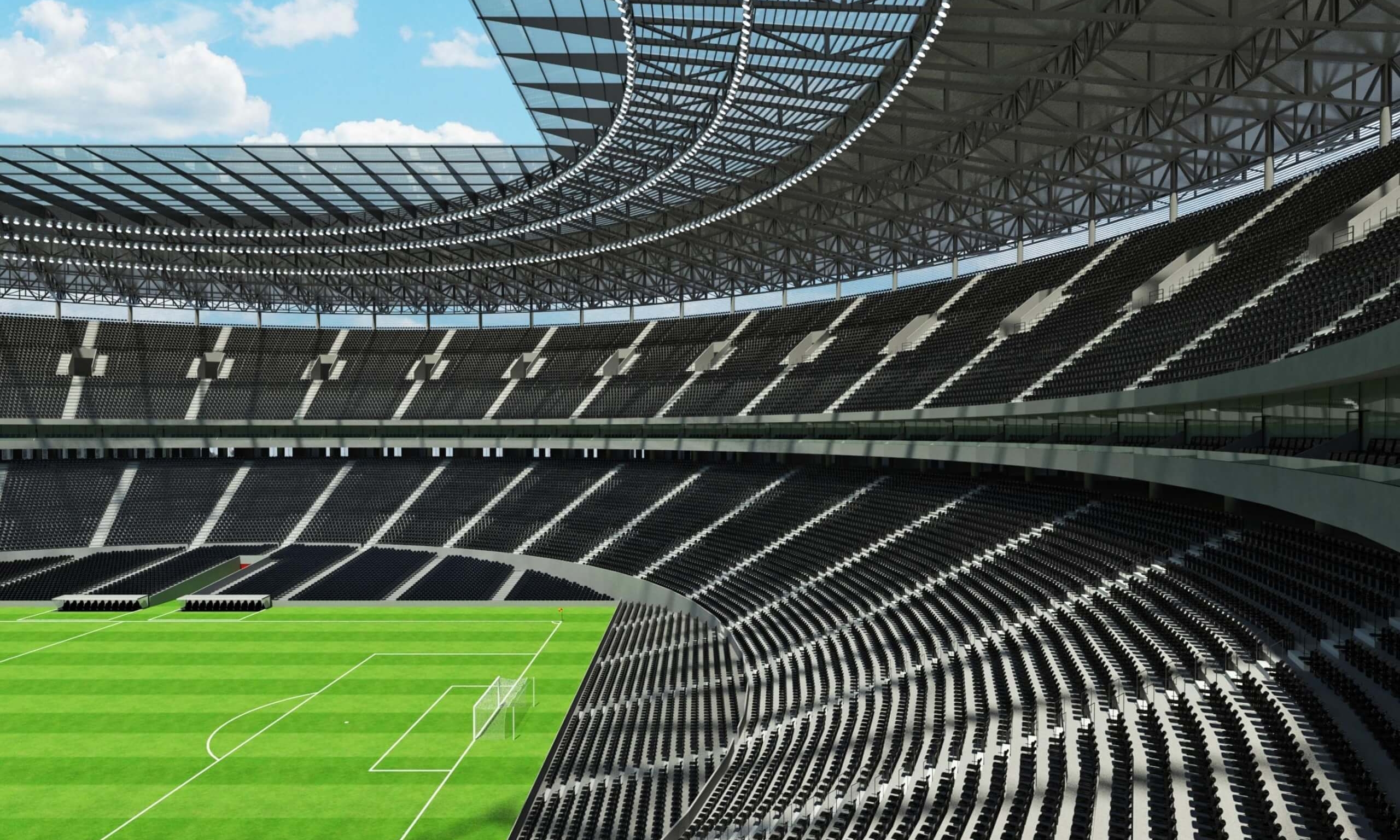Camp Nou in extra time: Legal lessons from stadium construction delays
16th September 2025
“This article explores the legal and commercial risks of delayed stadium construction projects, using FC Barcelona’s Camp Nou redevelopment as a case study. It highlights how missed deadlines can trigger financial losses, reputational damage, and contractual disputes—and offers practical legal strategies to help clubs stay on schedule. If you’re planning infrastructure works, it’s a timely reminder of why robust contracts and proactive risk management are essential”

With mounting financial losses, disrupted matchday operations, and unenforced contractual penalties, FC Barcelona’s Camp Nou delay highlights how even elite clubs can be exposed to significant risk when construction timelines slip.
Our analysis concludes that proactive legal drafting, robust contract enforcement and strategic project planning are essential to mitigate these risks.
The article covers key legal mechanisms such as liquidated damages, force majeure clauses and performance bonds, and offers practical guidance on programme management, stakeholder coordination, and phased handovers. Whether you’re planning a stadium upgrade or navigating an ongoing build, this piece provides essential insights into how clubs can stay on schedule and protect their commercial interests.

The legal cost of delay
Barcelona’s contract with Turkish contractor Limak Construction reportedly included a liquidated damages clause of €1 million per day for delays beyond the agreed handover date of 29 November 2024. Despite being over 140 days late, the club has opted not to enforce the clause, citing force majeure events and mutual agreement on revised timelines.
From a legal perspective, this raises several issues:
- Liquidated damages clauses must represent a genuine pre-estimate of loss to be enforceable. If they’re deemed punitive, courts may strike them down as penalties.
- Waiving enforcement may preserve contractor relationships but can undermine the deterrent effect of such clauses and expose the client to further delays without recourse.
- Force majeure provisions must be clearly defined in the contract to excuse liability. Barcelona cited administrative delays and weather events, but the legal sufficiency of these claims depends on the contract wording and jurisdiction.
Why projects go offside
Delays in stadium construction are rarely caused by a single issue. Common legal and operational causes include:
- Unrealistic timelines: Pressure to align completion with anniversaries or seasons can lead to overly ambitious schedules.
- Poor contingency planning: Failure to account for regulatory approvals, weather or supply chain issues can derail progress.
- Weak contract enforcement: As seen with Barcelona, choosing not to enforce delay penalties can reduce leverage and increase exposure.
- Legally, delays may trigger breach of contract claims, entitle the client to damages or justify termination. The classification of delays as excusable or non-excusable is critical in determining liability.
How clubs can stay on time – legal strategies
1. Robust programme management
- Include detailed scheduling clauses with milestone dates and definitions.
- Require contractors to provide regular progress reports and use recognised scheduling tools.
2. Contingency planning
- Draft clear extension of time clauses and define events that qualify for relief.
- Include force majeure provisions with specific examples and procedural requirements for claiming relief.
3. Performance protections
- Require performance bonds or parent company guarantees to ensure financial recourse if the contractor defaults.
- Enforce liquidated damages clauses with daily rates tied to estimated losses (e.g. lost matchday revenue, sponsorship reductions).
4. Stakeholder coordination
- Engage early with local authorities to avoid permitting delays.
- Include obligations on the contractor to assist with regulatory compliance and licensing.
5. Phased reopening
- Consider partial occupancy clauses allowing phased handover of stadium sections.
- Include provisions for interim use of alternative venues and compensation mechanisms.
Final whistle
Barcelona’s Camp Nou saga is a reminder that even elite clubs are vulnerable to construction risk. The legal implications of delay are far-reaching—affecting contracts, financing, insurance, and reputation. For clubs considering upgrades, the key is proactive legal drafting, rigorous enforcement and strategic risk allocation.
Delays may be inevitable—but their impact doesn’t have to be.
How can we help?
Delays in stadium construction projects can have serious legal and commercial consequences—from lost revenue and reputational damage to disputes over contract enforcement and liability. As seen in the Camp Nou redevelopment, even elite clubs are vulnerable when timelines slip and legal protections aren’t fully utilised.
We advise clubs, developers, and stakeholders on how to structure contracts to minimise delay risk, enforce performance protections, and manage phased delivery. Whether you’re planning a new build or navigating an ongoing project, we can help you draft robust agreements, negotiate realistic programmes, and implement contingency strategies that keep your project, and your club, on track.
Please get in touch with Carly Thorpe and Jonathan Coser if you have any queries or would like to know more about alternative methods of contracting for sports stadia construction.








